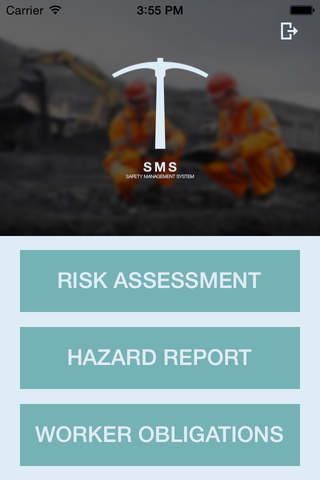
A SMS provides a systematic way to identify hazards and control risks while maintaining assurance that these risk controls are effective.
SMS can be defined as:
A business-like approach to safety. It is a systematic, explicit and comprehensive process for managing safety risks. As with all management systems, a safety management system provides for goal setting, planning, and measuring performance. A safety management system is woven into the fabric of an organization. It becomes part of the culture, the way people do their jobs.
For the purposes of defining safety management, safety can be defined as:
... the reduction of risk to a level that is as low as is reasonably practicable.
There are three imperatives for adopting a safety management system for a business – these are ethical, legal and financial.
There is an implied moral obligation placed on an employer to ensure that work activities and the place of work to be safe, there are legislative requirements defined in just about every jurisdiction on how this is to be achieved and there is a substantial body of research which shows that effective safety management (which is the reduction of risk in the workplace) can reduce the financial exposure of an organization by reducing direct and indirect costs associated with accident and incidents.
To address these three important elements, an effective SMS should:
· Define how the organization is set up to manage risk.
· Identify workplace risk and implement suitable controls.
· Implement effective communications across all levels of the organization.
· Implement a process to identify and correct non-conformities.
· Implement a continual improvement process.
A safety management system can be created to fit any business type and/or industry sector.



